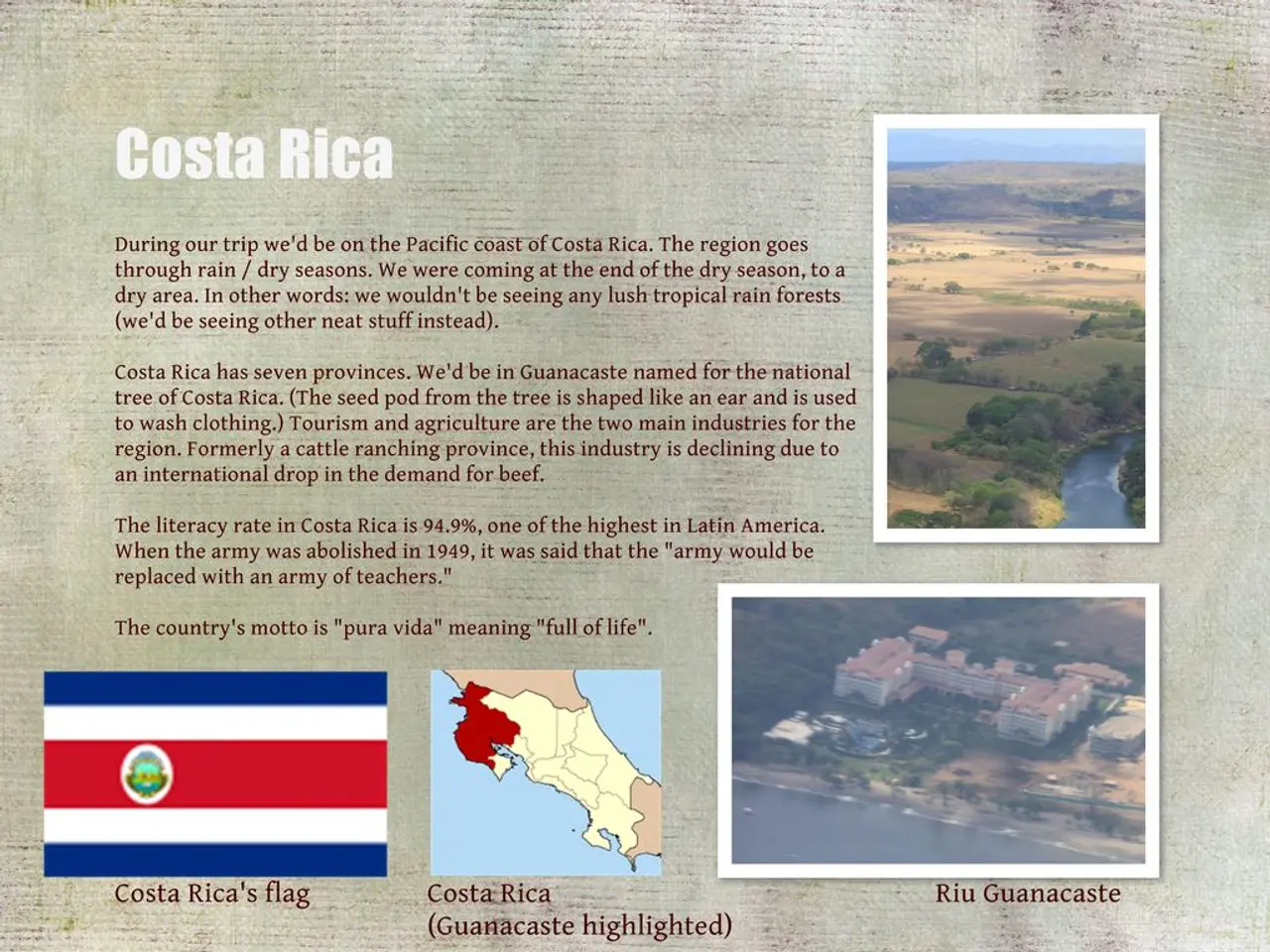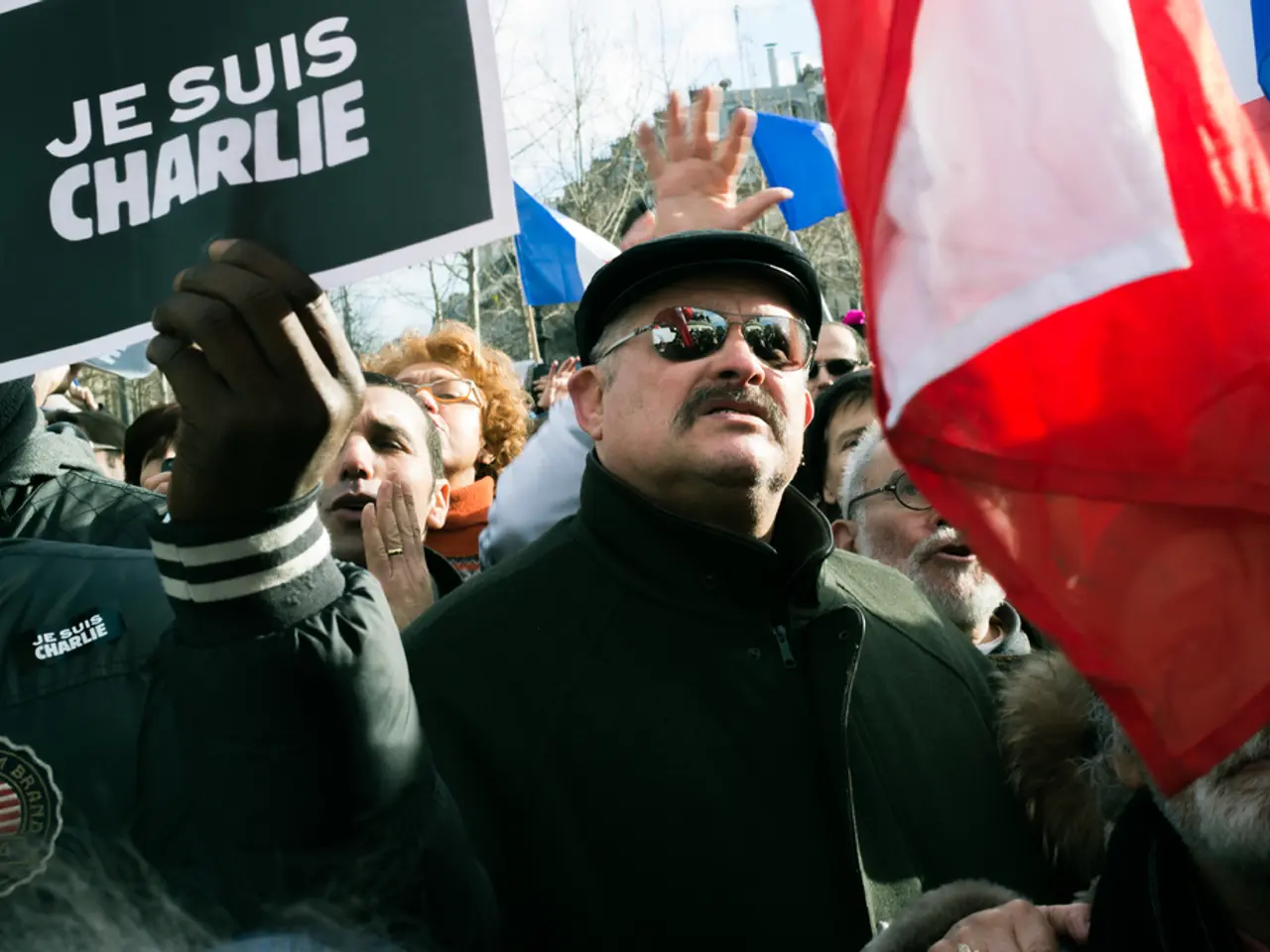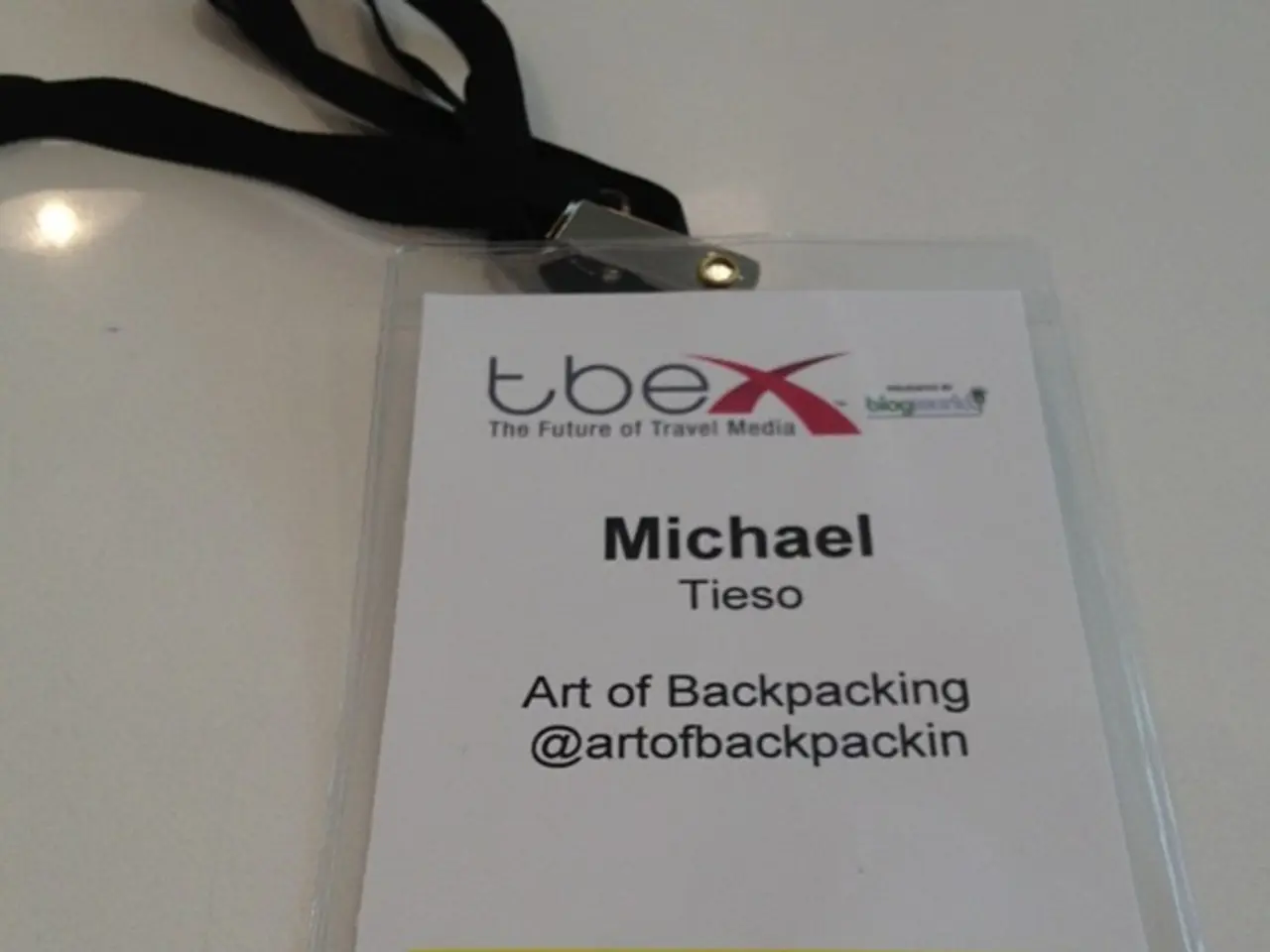Upcoming Bolivian Presidential Election Amid Division: Struggles of Indigenous Population
As Bolivia prepares for its presidential elections on August 17, 2025, concerns surrounding the marginalization and instrumentalization of Indigenous Peoples' rights and identities in political decision-making processes are at the forefront.
Bolivia, officially a "Plurinational State" since 2009, has established a framework for the participation, autonomy, and rights of Indigenous Peoples. However, there are worries about constitutional rollbacks that could undermine indigenous autonomy and environmental protections, especially as the country marks its bicentennial.
In the electoral context, major presidential candidates have largely avoided addressing critical issues affecting Indigenous communities such as ecological destruction, deforestation, and the violation of collective indigenous rights. Instead, there is a dominance of populist rhetoric and symbolic politics that fail to respect indigenous interests substantively.
The political climate is further complicated by the tension around the Movement for Socialism (MAS-IPSP), a party historically linked to Indigenous movements and indigenous nationalism in Bolivia. However, this party’s politics have been criticized for continuing traditional populism with clientelistic practices that may instrumentalize indigenous identities for political gain rather than authentically empowering these communities.
While Bolivia's legislative assembly reserves some seats for Indigenous representatives, the broader political environment suggests that Indigenous Peoples risk being used symbolically to legitimize extractive economic interests rather than being genuinely included in decision-making processes that affect their lands and rights.
One of the presidential candidates, Andrónico Rodríguez, has distanced himself from the ruling party MAS. Despite this, his use of a pejorative term for non-Indigenous whites, "k'aras," is being criticized for contributing to ethnic division and highlighting deep-seated racist tendencies in Bolivian politics.
Evo Morales, the country's first Indigenous president, is not allowed to run in the current elections. However, there are concerns that he and his supporters may try to sabotage the election, refuse to recognize the result, and resort to violence.
Jan Königshausen, an expert on Indigenous Peoples, warns that the shadow of Evo Morales is longer than that of democratic institutions. He has expressed concern about the portrayal of Indigenous communities as a homogeneous group with needs conflicting with the rest of the population. He also emphasizes the need for genuine and representative participation of Indigenous Peoples, as prescribed by the constitution.
Promoting respectful and inclusive political dialogue and ensuring transparent electoral processes are crucial to prevent further division. The Society for Endangered Peoples (GfbV) is monitoring the upcoming presidential elections in Bolivia to ensure these standards are met.
Bolivia is facing deep political fragmentation, an escalating economic crisis, and increasing societal polarization ahead of the presidential election. The outcome of these elections could significantly impact the future of Indigenous Peoples in Bolivia and their struggle for genuine representation and respect for their rights.
For more information, contact Jan Königshausen at [email protected] or 0551/49906-14.
[1] Source: Society for Endangered Peoples (GfbV) report on the 2025 Bolivian elections [2] Source: Latin America Bureau article on the MAS-IPSP and its policies [3] Source: Journal of Latin American and Caribbean Anthropology article on Indigenous politics in Bolivia
In the context of Bolivia's upcoming presidential elections, general-news coverage highlights the lack of attention given to critical issues affecting Indigenous communities, despite the establishment of a framework for their participation and rights. (Source: Society for Endangered Peoples (GfbV) report on the 2025 Bolivian elections)
Meanwhile, the broader political climate is marked by the risk of marginalization and instrumentalization of Indigenous Peoples' rights and identities, as concerns arise about the portrayal of Indigenous communities as a homogeneous group with needs conflicting with the rest of the population. (Source: Journal of Latin American and Caribbean Anthropology article on Indigenous politics in Bolivia)





